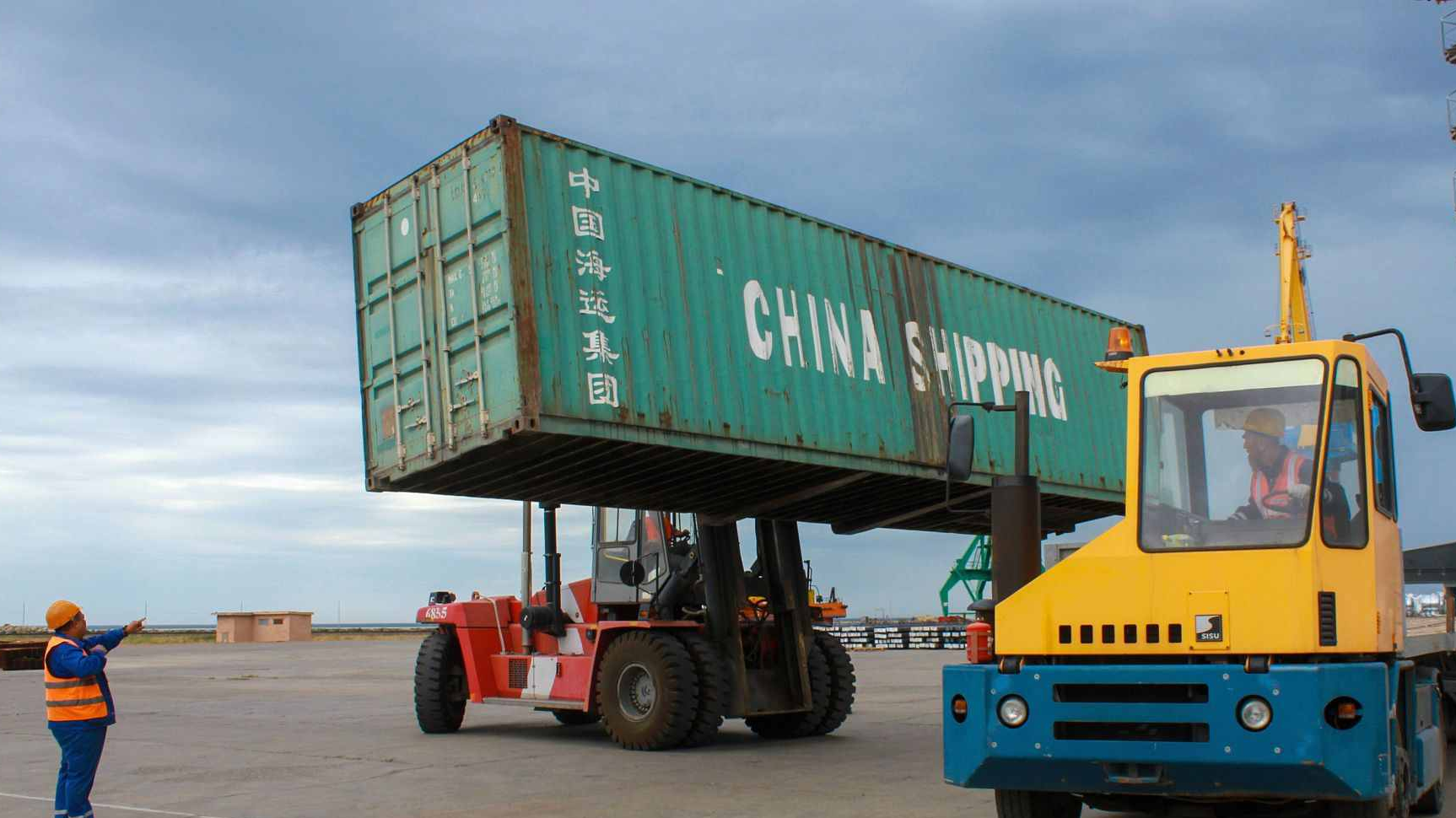
(Photo: CGTN)
China's Belt and Road Initiative (BRI) has been subjected to a great deal of criticism and controversy from the very start. However, there are generally two types of criticism concerning the BRI - one largely driven by suspicions towards anything Chinese, and the other more constructive and intended to help improve practices involving BRI projects.
For the latter, the report titled "Navigating the Belt and Road Initiative" released last month by Asia Society Policy Institute (ASPI) is a good case in point, which demonstrates the right way to engage with China to make BRI more successful.
By carrying out case studies of BRI-related projects in Southeast Asia, the report focus on five main categories of issues that have given rise to controversies surrounding the initiative, namely project financing, use of labor, environmental impact, local stakeholder engagement and corruption.
The criticisms made in the report are largely seen as constructive and objective even among Chinese experts. For example, it first raises the issue regarding the selection of BRI projects and the preparatory process. As Daniel Russel, vice president of ASPI who heads the research, explained, a good start of a project is essential to securing its success. However, in reality, the tendency to start a BRI project in a rush by developers and host countries have invited a host of problems at later stages.
He made remarks about the findings of the report during the launch of the Chinese version at the Chongyang Institute for Financial Studies of China's Renmin University on July 11. During the speech, he also highlighted the issue, among others, with regards to China's approach to conduct projects on the government-to-government level, and the resulting insufficient level of engagement with local stakeholders and residents.
This is problematic as well, as a low level of local engagement could easily intensify grievances against China among host countries. He pointed out that even though the Chinese government does not have the legal responsibility for problems caused by the projects, such as inadequate compensations and the adverse social and environmental impacts, it is, however, held responsible by the local people. Therefore, if a problem arises that affects local people or the environment, China is most likely to be the immediate target.
Laying out a host of issues of BRI project, the report, however, does not in any way seek to discredit the efforts by the Chinese government to accomplish the mega initiative. After all, it would be terribly wrong to throw the baby out with the bathwater. As Russel writes in the report, BRI is essentially a hugely beneficial idea that can meet the immense demand for infrastructure in Asia and like any other Chinese initiatives, it is likely to evolve "through an extended trial-and-error process, which may allow for the adoption of improved procedures and standards."
Therefore, after giving its assessment on BRI projects, the report also gives 12 policy recommendations before it concludes. For example, on the particular issue of what should happen before project construction starts, it suggests there is "a rigorous, comprehensive, and transparent project preparation process" before a project starts and that a BRI preparation fund be established which would enable developing countries to seek better advisory service for the projects. In this way, the instances for inaccurate estimates for project costs can reduce and projects can be planned in a more realistic and accurate manner.
Unlike most common criticisms leveled against BRI on Western media, the report has shown how to view the initiative in a much more objective way.
Indeed, as Chinese companies deepen their footprint globally with its BRI projects, problems do emerge. However, during this process, China is seeing and has seen the increasing need to further improve its operations. That is why at this year's Belt and Road Forum for International Cooperation, Chinese President Xi Jinping pledged to make BRI more environmentally and financially sustainable and free of corruption. It is important to note that these ideas did not emerge right from the beginning - they have only emerged and generated increasing consensus as BRI develops over the years.
As BRI extends its global reach, China has increased its engagement with different governments as well as local stakeholders and residents. This in fact presents a great opportunity for China to develop a more outward-looking vision and more sound commercial practices that will enable to build better BRI projects.
The same point was also articulated by the global strategy advisor Parag Khana, who, during the release of his book The Future is Asian at the Center for China and Globalization in June, commented that some of the problems that have emerged regarding the BRI will prompt the Chinese government to rectify past mistakes so as to push projects forward with greater success.
The bottom line is that the BRI is not a China-centric project and there is no way that one party will dictate how it goes forward. All the constructive criticisms are thus welcomed in order to make it a more successful initiative, which should benefit not only China but also all parties involved, especially local people of partner countries.


